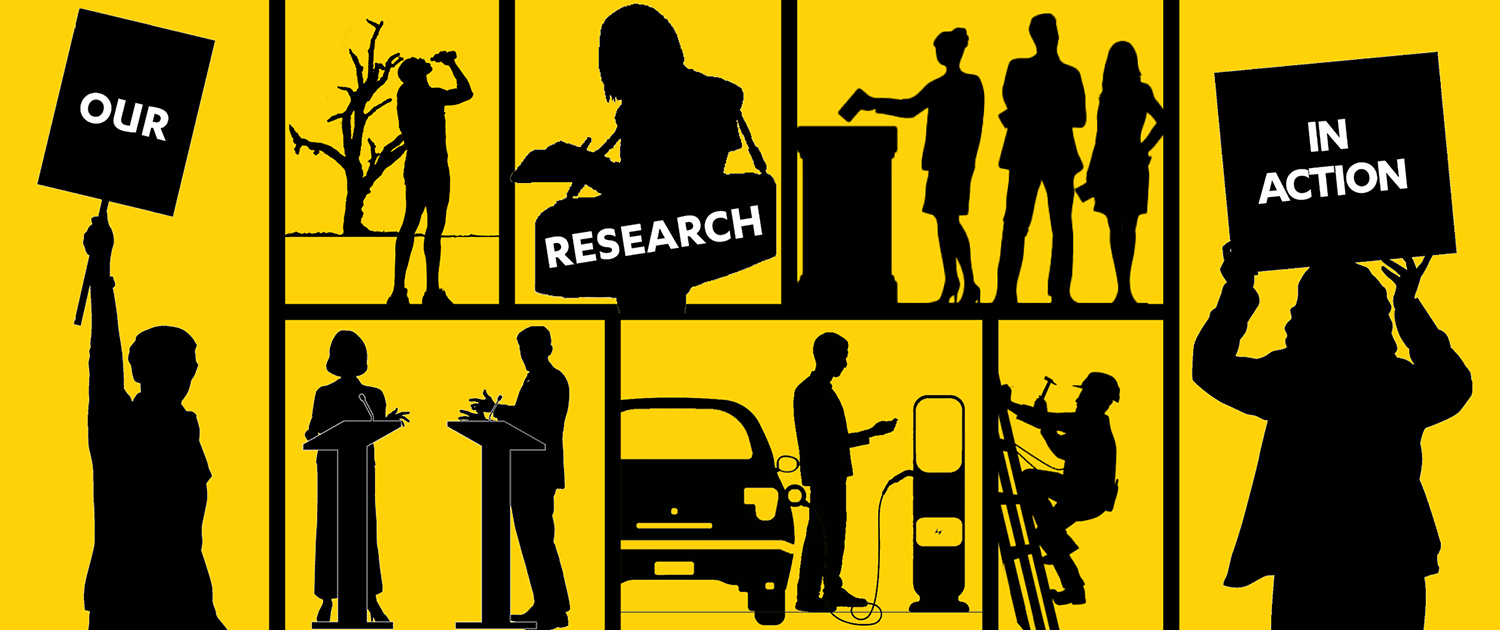Lewis Center scholars will participate in this year’s Luskin Summit: Our Research in Action. Breakout sessions featuring our work will take place between 9:30 and 11:45 a.m. Here are summary descriptions:
9:30-10:30 a.m. – CREDITWORTHINESS AND ETHNO-RACIAL DISPARITIES IN HOMEOWNERSHIP OPPORTUNITIES
The mortgage industry plays a central role in ethno-racial stratification in the real estate market. This presentation led by Lewis Center affiliated scholar José Loya will demonstrate that even when debt-to-income levels are similar among ethno-racial groups, results vary tremendously, with loan rejections and high-cost loan originations far higher for Blacks and Latinos when compared to white or Asian applicants. In fact, Blacks and Latinos with excellent credit perform similarly to whites and Asians with below-average creditworthiness.
10:45-11:45 a.m. – HOMELESS EXCEPT FOR A VEHICLE? UNIQUE NEEDS, HUMANE RESPONSES
People who live in their vehicles experience homelessness differently than those living in shelters or outside. The experience also differs between dwellers in cars and RVs — as do the responses by neighbors and policymakers. The Lewis Center will lead a panel discussion about the unique circumstances of vehicular homelessness in Los Angeles County and suggest ideas for humane transitions back into housing.
Information about session speakers can be found on the registration site.
OPENING AND CLOSING SESSIONS
Quality of Life Index
Former public official and current UCLA professor Zev Yaroslavsky will unveil the results of his eighth annual poll of Los Angeles County residents on their satisfaction with their lives across nine categories.
Closing Session on Homelessness
Ever-rising homelessness has been designated as an emergency by both the city and county of Los Angeles, yet roughly 70,000 unhoused people continue to sleep outside or in vehicles. Mayor Karen Bass and other elected officials have pledged to work together to address this complex issue in a compassionate, effective manner. What is actually being done? Get answers from some of the people directly involved in ensuring that shelter and supportive services are getting to those who need them most.


